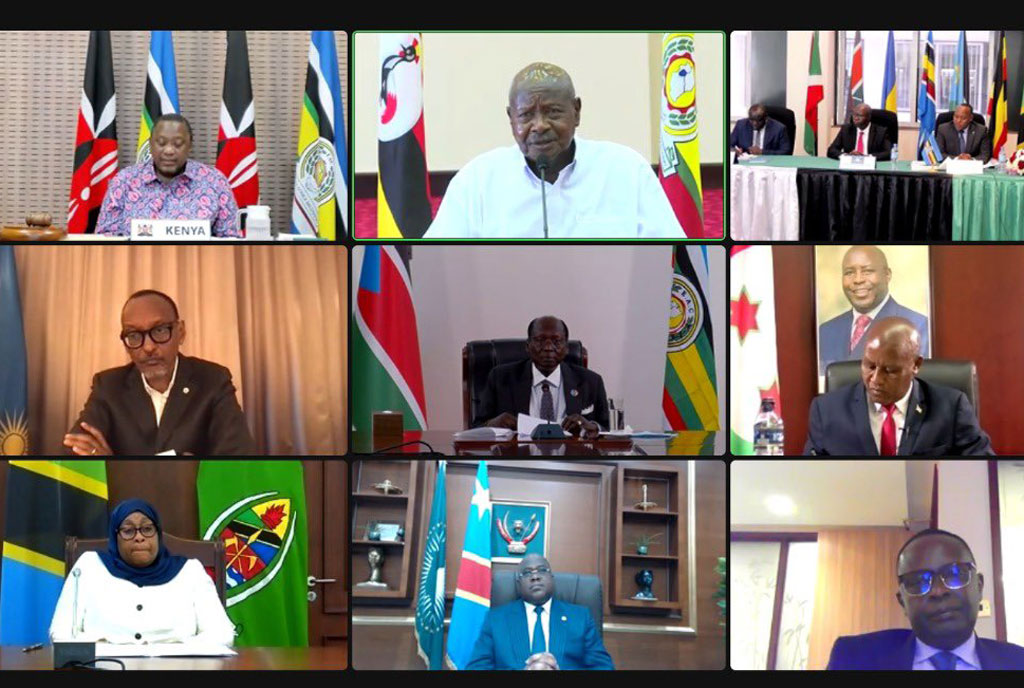Prime
Will admission of DR Congo to EAC benefit the security sector?

DR Congo president Felix Tshisekedi
What you need to know:
- Since its inception in 1999, the EAC has taken bold steps to create a framework and structures to address issues of peace and security.
On March 29, EAC heads of state made history when they officially admitted DR Congo into the bloc at a summit meeting now pending ratification of EAC laws and regulations by Congolese lawmakers.
Since its inception in 1999, the EAC has taken bold steps to create a framework and structures to address issues of peace and security. However, the effectiveness of the structures have been hampered by the absence of clear strategic direction on the critical areas of cooperation. Article 124 of The Treaty for the Establishment of the East African Community recognises the need for peace and security within the East African partner states and now with admission of DR Congo in to the EAC, the community should fully operationalise the Africa Standby Forces to dismantle all rebel groups such as ADF in DR Congo.
The ADF, one of the least understood militant groups in the Great Lakes, has endured for over 20 years by instrumentalising Islamist, ethnic, and secessionist ideologies to recruit and forge new alliances.
As EAC aims at achieving prosperity, competitiveness, security, stability and political unification, the partner countries should aim to create a political federation that would expand and reinforce economic, political, social and cultural integration. People’s quality of life should be improved through increased security.
The community has already recognised that economic integration can succeed only if peace, stability and security are established throughout the region. It should therefore focus its efforts on crisis prevention, conflict resolution, small arms and light weapons control, and the promotion of good governance.
ALSO READ: Construction of roads commences in DR Congo
These efforts are hindered, however, by weak institutional structures within the EAC secretariat, including in particular, the lack of a directorate for peace and security and inadequate implementation of regional strategies and standards within the partner countries.
The big questions remain: Will admission of DRC to EAC benefit the security sector and will it enhance human security in the region? How do we inculcate democratic cultures across these countries so as to build and sustain peace and political stability? How do we get those directly affected by conflict to have a say in development issues? Women have been largely marginalised in formal conflict resolution processes and post conflict governance hence issues that affect them get scant attention. Violence against women (domestic) and the fact that many wars are fought on women’s bodies, means that their voices are crucial and critical for reforming the security sector.
Another important question is: Can sustainable development be possible in the absence of stringent security measures to police the borders in the region?
Freeman Crispus, Lecturer of International Relations and a security analyst. [email protected]




